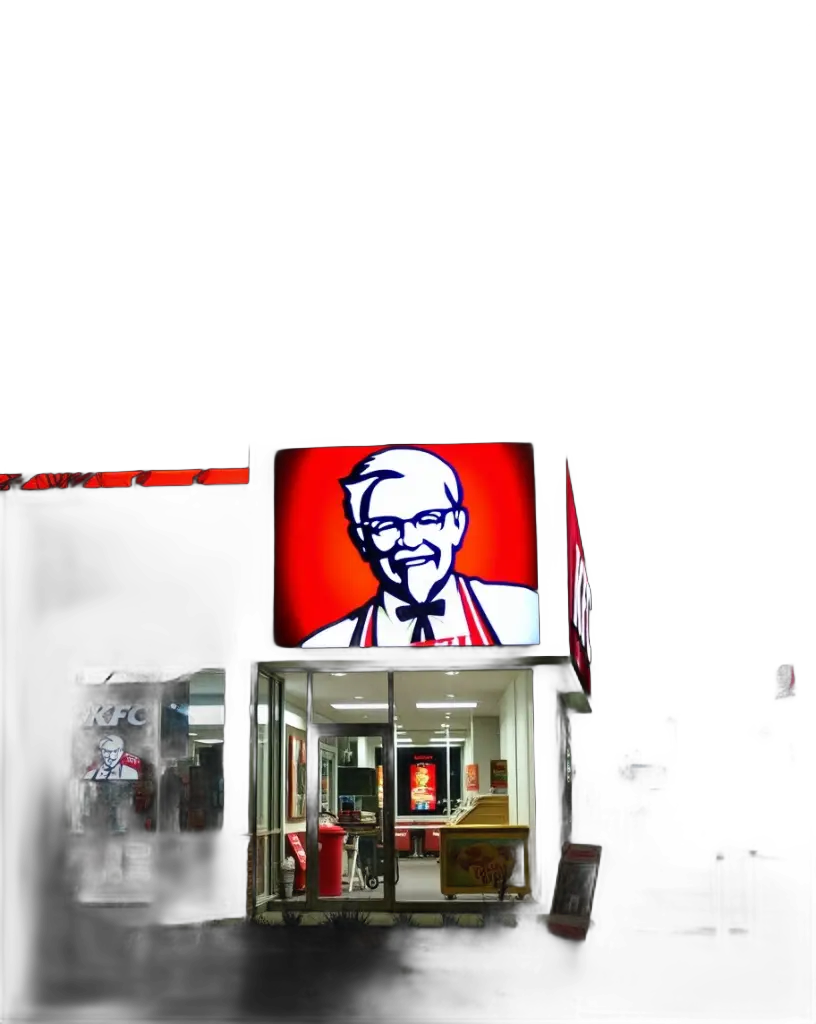
KFC, a well-known fast-food chain, has garnered attention in Malaysia due to the closure of more than 100 of its outlets. While the company has cited challenging economic conditions as the reason for this move, there is speculation surrounding other potential factors. Reports from local media suggest that a consumer boycott may have influenced KFC’s decision to close down a significant number of stores.
The consumer boycott is thought to have originated from concerns raised by certain individuals regarding KFC’s alleged affiliations in the midst of an ongoing conflict. This boycott aligns with a broader trend in the region, where many members of the Muslim community are actively avoiding Western brands that are perceived to be linked to the conflict.
Despite the absence of official confirmation from QSR Brands (M) Holdings Bhd, the company that operates KFC and Pizza Hut franchises in Malaysia, regarding the exact number of affected outlets, the closure of over 100 KFC stores has sparked speculation and discussions among consumers and industry experts.
In light of the closures, employees from the impacted outlets have been reportedly given the option to relocate to busier locations within the company’s network. This initiative aims to minimize the impact of the closures on both employees and customers, while ensuring continued operations in key areas.
This situation highlights the intricate relationship between economic difficulties, consumer attitudes, and geopolitical factors, emphasizing the significance of strategic decision-making for multinational corporations operating in diverse and evolving markets like Malaysia.



